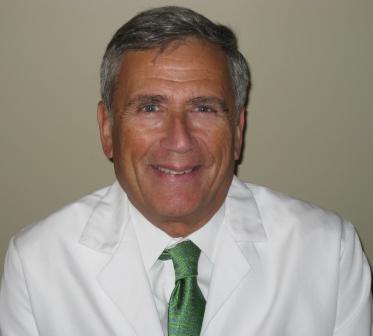By Allen Lebovits
Mental health and substance use disorders affect thousands of people in New York, including many of our friends, neighbors and co-workers locally.
Everyone likely knows someone struggling with mental illness or addiction, and is well aware of the toll these issues can take on individuals and families.
The good news is that recovery is possible.
It is important to raise awareness about how these issues affect our communities and how to help connect people, especially seniors, to appropriate support services.
According to the Centers for Disease Control and Prevention, 20 percent of people 55 years or older experience some type of mental health concern, including anxiety, severe cognitive impairment and mood disorders. Mental health issues are always a significant factor in cases of suicide, and older men have the highest suicide rate of any age group.
Mental health and substance abuse disorders are often linked to higher risk of suicide among seniors, which is a serious issue in New York. Depression — which can come from a variety of life events such as disabling illness, loss of a spouse or loved one, retirement or moving out of the family home — is a major risk factor for suicide among older adults.
According to United Health Foundation’s America’s Health Rankings 2016 Annual Report, the highest rate of suicide nationally has occurred in white males 85 years and older, at nearly 55 deaths per 100,000 people. In addition, research has confirmed that older adults with evidence of mental disorders are less likely than middle-age and younger adults to receive mental health services.
The same Health Rankings report for New York noted the state’s overall suicide rate was slightly over eight deaths per 100,000 people.
The rate of drug-related deaths, including overdosing, was slightly more than 11 deaths per 100,000.
A 2016 report by the New York City Department of Health and Mental Hygiene showed that suicide rates have been on the rise with a total of 565 suicides in 2014, the last year of a 15-year trend study. By comparison, police reported there were 335 homicides in the city during 2016.
Here are some tips for preserving mental health
- Show that you are concerned in a way that is not confrontational or judgmental. Let the person know that you care about them, and you want to check in because you’re concerned about recent changes in behavior that you’ve noticed.
- Keep questions simple. Ask how the person is doing, when they began experiencing these feelings, and how you can help provide support. At this point it may be beneficial to ask if the person has thought about seeking help.
- Avoid phrases that could sound dismissive or accusatory. Although you may not understand what the person is feeling, it is important to only express your unwavering support.
- Offer reassurance and hope. Let the person know that they are not alone, and that you are there to support them in actively seeking treatment to help them feel better. Offer to help them research treatment and support resources.
If you need help, talk to your doctor. There are also many information resources available including the National Alliance on Mental Health’s website for New York City Metro at: https://www.naminycmetro.org/
Useful information can also be found on the New York City Department of Health and Mental Hygiene website at: http://www1.nyc.gov/site/doh/index.page
Dr. Lebovits is director of Psychological Services of the Division of Neurology and Integrative Pain Medicine at ProHEALTH Care Associates. He is also Clinical Associate Professor in the Department of Psychiatry at the Hofstra North Shore-LIJ School of Medicine at Hofstra University and he has privileges at North Shore University Hospital as well as Long Island Jewish Medical Center. He also serves as Psychology Consultant to the U.S. Tennis Open.



